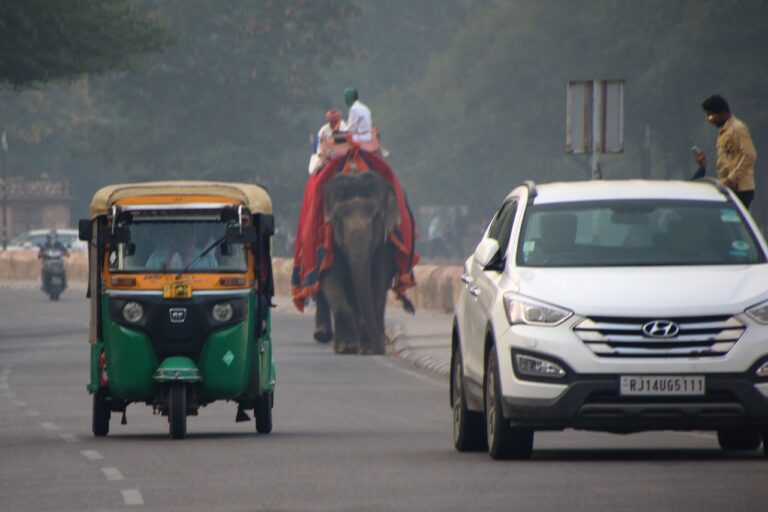Exploring the Role of Religion in Electoral Politics
Religious beliefs have long been a significant factor in shaping voter behavior. Studies have shown that individuals who strongly adhere to a certain religion are more likely to support political candidates who align with their religious values. The influence of religious beliefs on voter behavior can be seen in how issues such as abortion, LGBTQ rights, and religious freedom often play a central role in determining the voting preferences of religious voters.
Furthermore, religious institutions and leaders play a crucial role in mobilizing voters based on their faith. Endorsements from religious figures can sway the opinions of their followers and influence voting patterns. The influence of religious beliefs on voter behavior is complex and multifaceted, with individuals often weighing their religious convictions alongside other factors when deciding which candidate to support.
Historical Examples of Religion Shaping Political Campaigns
Religion has played a pivotal role in shaping political campaigns throughout history. One notable example is the presidential campaign of John F. Kennedy in 1960. Kennedy, a Catholic, faced significant opposition and skepticism due to his religious affiliation. To address these concerns, he delivered a famous speech where he firmly asserted the separation of church and state, reassuring voters that his religious beliefs would not dictate his political decisions.
Similarly, in the 2008 presidential election, Republican candidate Mitt Romney faced challenges due to being a member of the Mormon faith. His religion became a topic of scrutiny and debate, with some questioning his ability to separate his personal beliefs from his political duties. Romney addressed these concerns by emphasizing his commitment to upholding the Constitution and respecting the diverse religious landscape of the country.
The Intersection of Religion and Policy Positions
Religion has long played a significant role in shaping political landscapes, with beliefs often influencing the policy positions that individuals support. Candidates frequently align their policy stances with religious principles to garner support from voters who prioritize their faith in decision-making processes. This convergence of religion and politics can be seen in issues such as abortion, same-sex marriage, and social welfare programs, where candidates often take positions that align with the values of religious groups they seek to appeal to.
The intersection of religion and policy positions can lead to a polarization of opinions among voters, as individuals with differing religious beliefs may support conflicting policies based on their faith. This dynamic adds a layer of complexity to political campaigns, as candidates must navigate the delicate balance of appealing to religious voters while also representing a diverse array of beliefs within their constituency. In this way, religion continues to be a powerful force that shapes the policy landscape and influences voter behavior in various elections.
• Religion has long influenced political landscapes
• Candidates align policy stances with religious principles to gain voter support
• Issues like abortion, same-sex marriage, and social welfare programs are affected by religion in politics
The intersection of religion and policy positions can lead to a polarization of opinions among voters:
• Individuals with differing religious beliefs may support conflicting policies based on faith
• Candidates must appeal to religious voters while representing diverse beliefs within their constituency
Religion remains a powerful force shaping the policy landscape and influencing voter behavior in elections.
How do religious beliefs influence voter behavior?
Religious beliefs can play a significant role in shaping voter behavior by influencing individuals’ values, morals, and priorities when it comes to selecting political candidates or supporting policy positions.
Can you provide examples of historical instances where religion has shaped political campaigns?
Yes, historical examples include the role of the Moral Majority in the 1980s, which mobilized evangelical Christians to support conservative candidates, as well as the Catholic Church’s influence in various European political campaigns throughout history.
How do religious beliefs intersect with policy positions in politics?
The intersection of religion and policy positions can be seen in debates over issues such as abortion, same-sex marriage, and religious freedom, where individuals’ religious beliefs often influence their stance on these policy matters.







